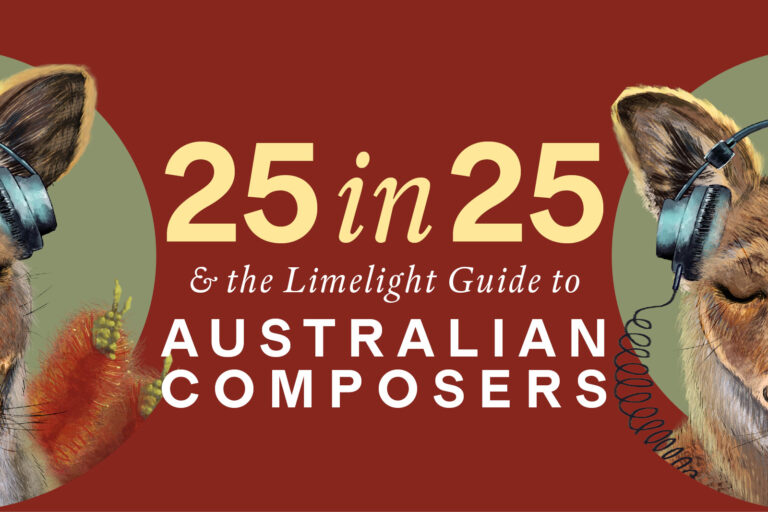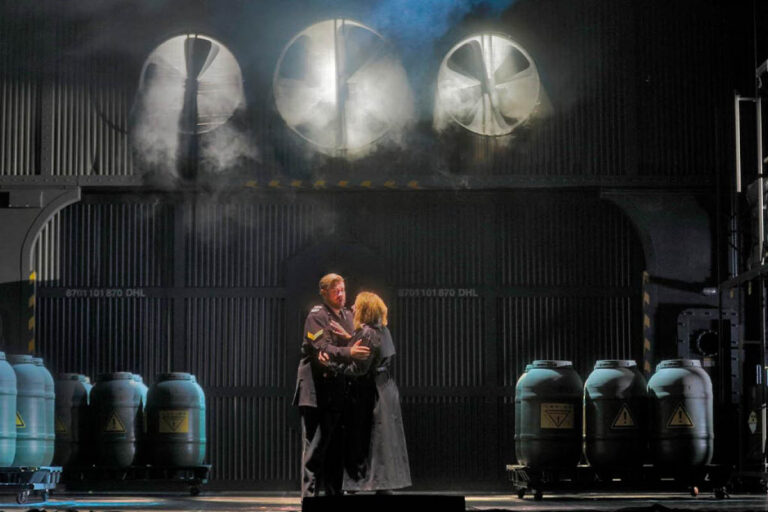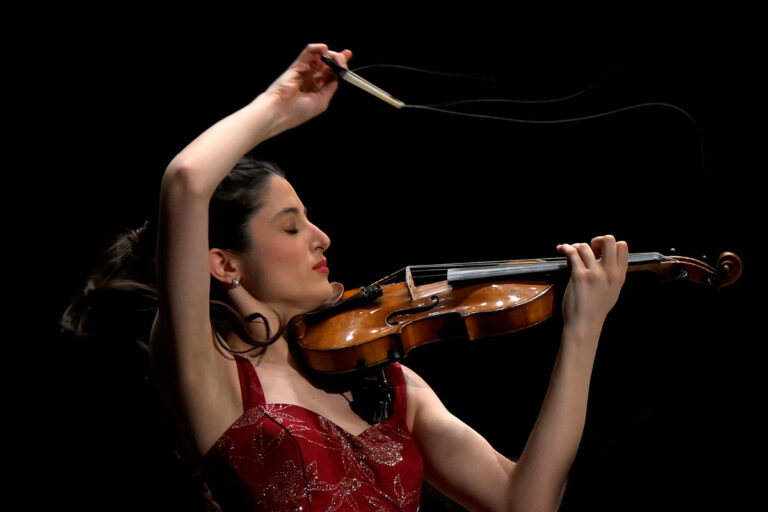To judge from the catalogue, Massenet was French grand opera’s sole representative as the genre gasped its last. There were, however, a fair few other composers around hoping to emulate the success that Puccini was enjoying in Italy, men like Alfred Bruneau whose symbolist-meets-naturalism collaborations with Zola were admired by Mahler. Camille Erlanger was another able to boast a respectable track record. Now, thanks to Guillaume Tourniaire’s world premiere recording of La sorcière (The Witch), we can hear at last what a fine composer he was.

Erlanger was born in Paris to shopkeeper parents in 1863. Entering the Conservatoire in 1881, he studied under Delibes and beat Dukas to carry off the Prix de Rome. Diving into operatic composition, he had a string of successes, culminating in Le Juif Polonais (The Polish Jew) in 1900. Unfortunately, with warring factions wary of the twin pulls of Wagnerism and verismo, Erlanger, whose individual approach could be seen to embrace both, never achieved the unadulterated acceptance afforded to Massenet.
La sorcière, to a libretto by Erlanger’s son André, was adapted...
Continue reading
Get unlimited digital access from $4 per month
Already a subscriber?
Log in










Comments
Log in to start the conversation.